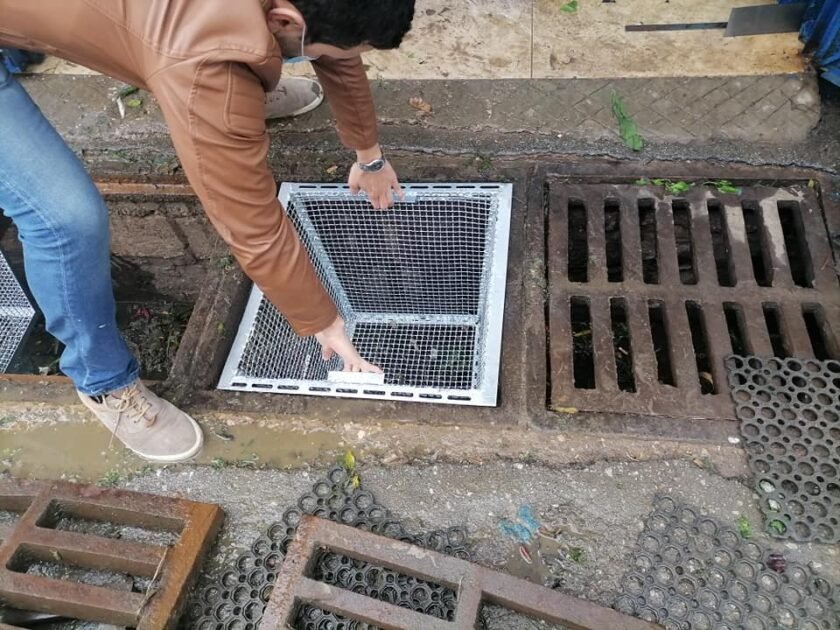Minister of Industry, Mines, and Energy, Fatma Thabet Chiboub, has called for greater coordination among public and private stakeholders to accelerate the rollout of the country’s ambitious “Automotive Smart City” project. The appeal comes in response to rising investor interest in the automotive components sector, according to a report by Tunis Afrique Presse (TAP) news agency.
Speaking at the third meeting of the project’s dedicated working group, Minister Thabet Chiboub emphasized that the initiative is central to Tunisia’s broader economic vision. It aligns with both the national Industrial and Innovation Strategy and the Pact for the Competitiveness of the Automotive Industry, which is set to run through 2027.
“The success of this project could transform Tunisia into a regional hub for the production of automotive components,” the Minister stated. “It has the potential to enhance our export capabilities and boost industrial competitiveness.”
Tunisia’s automotive components sector already plays a key role in the national economy. It encompasses around 300 companies and provides employment to over 120,000 people. The sector’s annual production is valued at approximately 8 billion dinars (US\$2.7 billion), with exports exceeding 7.5 billion dinars (US\$2.55 billion).
The proposed Automotive Smart City is envisioned as a cutting-edge industrial zone equipped with advanced digital infrastructure, sustainable energy solutions, and innovation-driven ecosystems tailored to the automotive sector. If implemented effectively, it could position Tunisia as a strategic manufacturing and export base for North Africa and beyond.
While details on the project’s timeline and financing remain under discussion, the government’s latest call for unified action signals an urgency to capitalize on growing investor momentum and fast-track implementation.
TunisianMonitorOnline (CBR)
The initiative also reflects Tunisia’s broader push to diversify its industrial base, foster innovation, and attract high-value foreign investment — all amid a competitive global landscape for automotive manufacturing.




